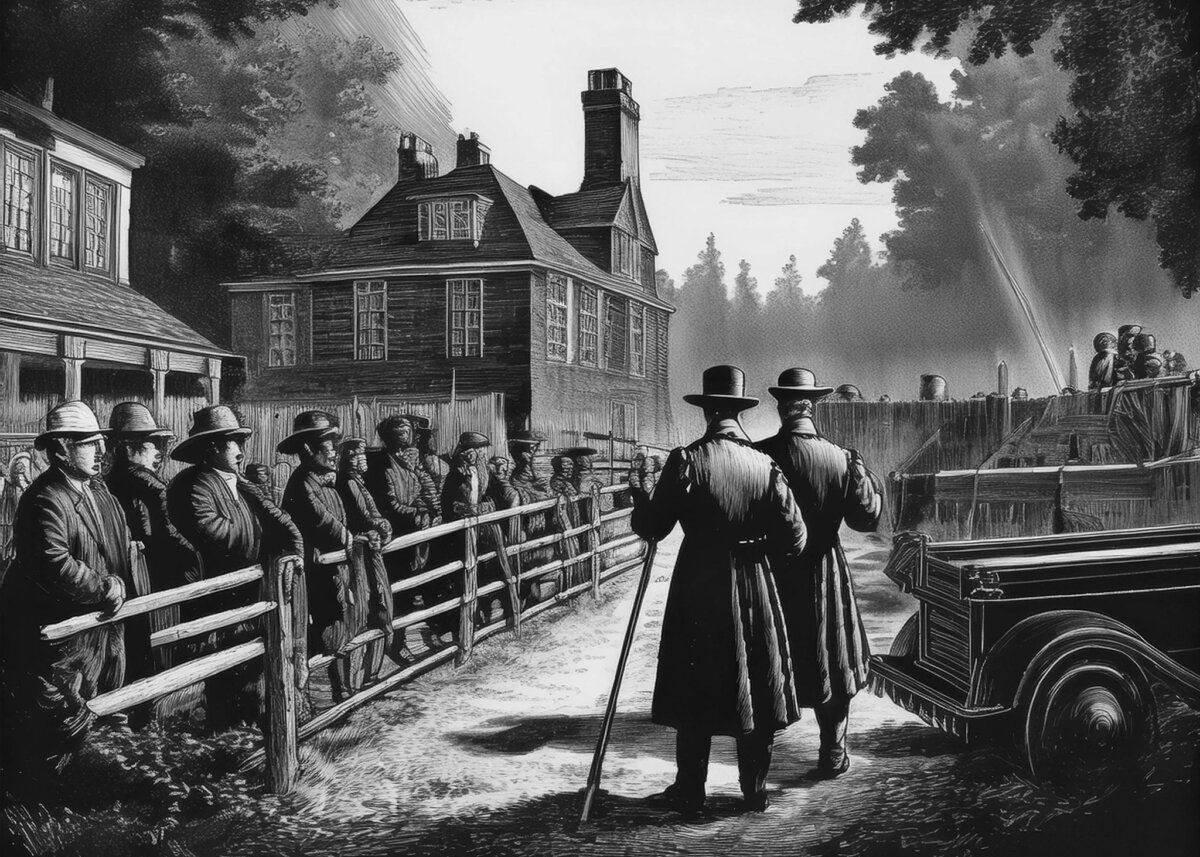In real estate transactions, “recordings in title” refer to the official documentation of various legal interests, rights, and claims associated with a property. These recordings provide an accurate and publicly accessible record of a property’s ownership history and related rights, like liens or easements. Understanding the importance of recordings in title is crucial for anyone buying, selling, or managing real estate, as these documents help establish clear ownership, protect buyer and lender interests, and prevent disputes.
This article will explore the recordings in the title, the types of documents commonly recorded, the process involved, and why recordings are essential for protecting property rights.
What are Recordings in Title?
Recordings in the title are legal documents filed with a government office, typically the county recorder or land records office, which outline interests and claims on a piece of real estate. These recordings serve as the official and public record of a property’s history. Whenever a title-related document is recorded, it becomes part of the public domain, meaning anyone can access it to verify ownership, check for liens, or see past transactions.
Recorded documents help create a “chain of title,” which is the sequence of historical ownership of a property. This chain of title is essential for establishing the property’s legal owner and verifying that ownership transfers have been adequately documented.
Why Recordings in Title are Important
Recording title documents is vital because it:
- Establishes Ownership: Recorded documents prove ownership and create a public record. This helps prevent disputes by establishing a clear record of who holds ownership rights to a property.
- Protects Buyers and Lenders: Buyers and mortgage lenders rely on recordings to verify that the seller has a clear title to the property. The process helps protect buyers from potential legal issues, such as unknown liens or ownership disputes.
- Ensures Legal Transparency: By making property records public, title recordings promote transparency and allow anyone to examine a property’s legal history.
- Creates a Chain of Title: A clear and unbroken chain of title is essential in proving a property’s ownership history. Missing or inaccurate records can complicate transactions and lead to costly disputes or legal challenges.
Common Types of Recorded Documents in Title
Several types of documents are commonly recorded as part of the title. Here are the most significant ones:
- Deeds: A deed is the primary document that transfers property ownership from one party to another. When a property is sold or gifted, a deed is recorded with the local land records office to establish the new owner’s legal claim.
- Mortgage and Deed of Trust: When a property is financed through a loan, the mortgage or deed of trust document is recorded to show the lender’s interest in the property. This document specifies the borrower’s obligations and outlines the lender’s right to foreclose if the borrower defaults.
- Liens: Liens are claims on a property for unpaid debts, such as taxes or contractor fees. Typical liens include tax liens, mechanic’s liens, and judgment liens. These must be recorded to be enforceable, and potential buyers or lenders must be informed of outstanding debts tied to the property.
- Easements: An easement grants a third party limited rights to use a portion of the property. Easements are common for utilities, shared driveways, and pathways. Recording an easement provides a permanent public record of these rights and obligations.
- Covenants, Conditions, and Restrictions (CC&Rs): Often associated with properties in subdivisions or planned communities, CC&Rs are rules that govern what property owners can or cannot do with their land. Recording these documents makes the restrictions binding on future property owners.
- Satisfaction of Mortgage: When a borrower fully repays a mortgage loan, a satisfaction of mortgage document is recorded to show that the lender’s interest in the property has been cleared. This is also known as a “release of lien” or “reconveyance.”
The Recording Process
The recording process ensures that property transactions and interests are legally documented and publicly available. Here’s a typical step-by-step overview:
- Preparation of Documents: First, documents like deeds, mortgages, or liens are prepared by the involved parties, usually with the help of legal or real estate professionals.
- Notarization: Most documents require notarization to verify the identity and intent of the parties involved. A notary public witnesses the signing and provides a notary seal.
- Submission to the County Recorder’s Office: Once prepared and notarized, documents are submitted to the county recorder’s office or land records office in the property’s jurisdiction.
- Verification and Recording: The recorder’s office reviews the documents for accuracy and adherence to local requirements. If everything is in order, the documents are recorded and given a unique recording number, which is added to the public record.
- Return of Recorded Documents: After recording, the original documents are typically returned to the party that submitted them. In the case of a mortgage, the lender usually retains a copy.
- How Recordings in Title Protect Real Estate Transactions
Recordings play a crucial role in safeguarding real estate transactions. Here’s how:
- Provides Clear Ownership: Recordings establish clear ownership, ensuring that the seller is the legal owner and has the right to transfer the property. This helps prevent potential ownership disputes during a sale.
- Alerts Buyers and Lenders to Encumbrances: Recordings reveal any encumbrances, such as liens or easements, which might affect the property’s value or usability. Buyers and lenders can review these recordings to assess potential risks.
- Enables Title Insurance: Title companies conduct title searches based on recorded documents to determine if any issues could affect the buyer’s ownership rights. Based on this information, they issue title insurance, protecting buyers and lenders against hidden title defects.
- Recording title documents ensures compliance with local laws governing property rights and transfers. This helps prevent legal issues arising from unrecorded or improperly documented transactions.
Potential Issues with Recordings in Title
Despite its importance, the recording process can sometimes be complicated by specific issues:
- Unrecorded Liens or Documents: Sometimes, liens or other documents may need to be correctly recorded, creating potential legal disputes. For instance, an unrecorded lien might still be enforceable, but buyers wouldn’t know it during a title search.
- Errors in Recording: Mistakes in recorded documents, such as misspelled names or incorrect property descriptions, can disrupt the chain of title and lead to ownership disputes.
- Fraudulent Recordings: In rare cases, fraudulent documents may be recorded, creating a false claim of ownership. This is why title insurance and vigilant record-keeping are essential.
Conclusion
Recordings in title are vital for establishing ownership, protecting buyers and lenders, and ensuring legal transparency in real estate transactions. By documenting essential details about ownership, liens, easements, and other rights, these recordings provide a clear picture of a property’s legal history and establish a framework for smooth and legally sound property transfers.
Understanding recordings in title can help prevent potential issues and ensure a secure and well-documented property transaction for anyone involved in real estate, whether as a buyer, seller, lender, or investor.
Learn more about our comprehensive title insurance services here.
Thank you for reading! If you enjoyed this article and want to explore more content on similar topics, check out our other blogs at Sonic Loans, Sonic Realty, and Sonic Title. We have a wealth of information designed to help you navigate the world of real estate and finance. Happy reading!
Understanding Chain of Title: Why History Matters in Real Estate
Title Insurance vs. Home Insurance: Understanding the Crucial Differences
The Evolution of Title Insurance: From 1868 to Today
How Technology Is Revolutionizing the Title Insurance Industry
Understanding Closing Costs: What First-Time Buyers Need to Know
What Exactly Is Title Insurance? A First-Time Buyer’s Complete Guide
What are the top home title questions in 2025
The 7 Most Common Title Issues That Could Derail Your Home Purchase
Understanding Zoning: The Framework That Shapes Urban Spaces











